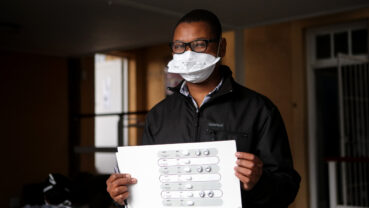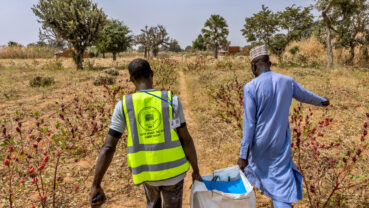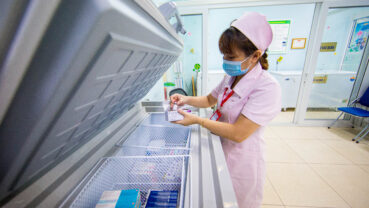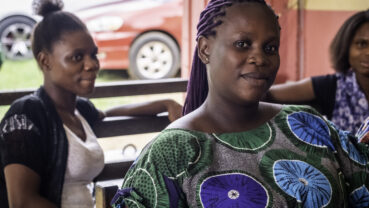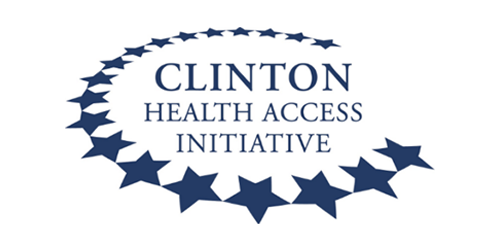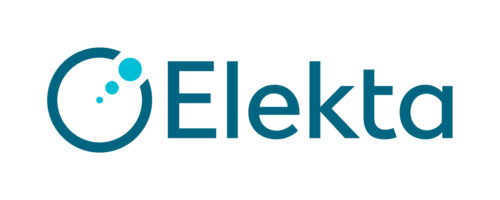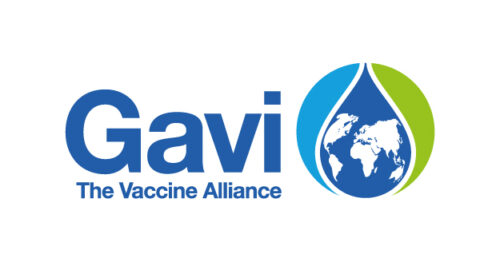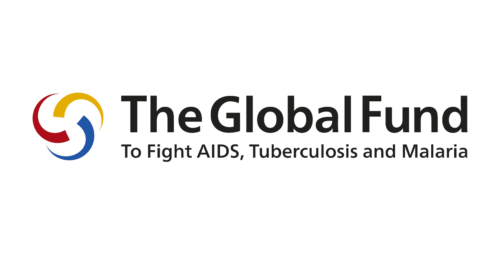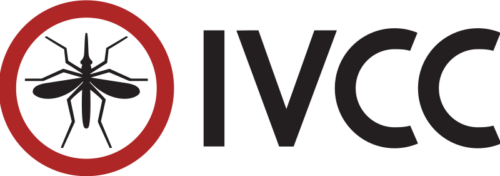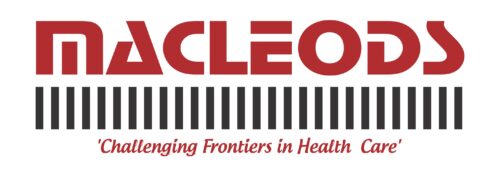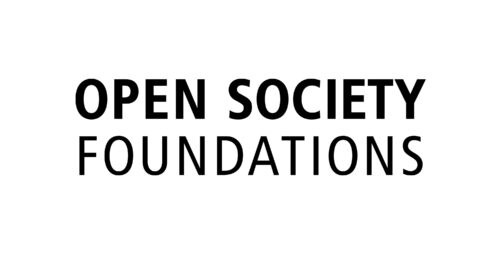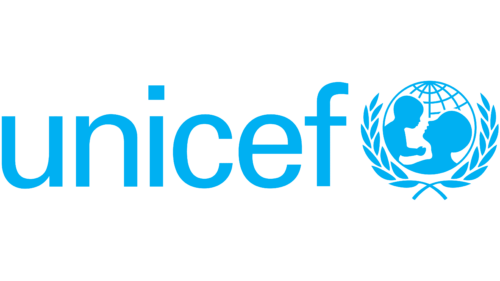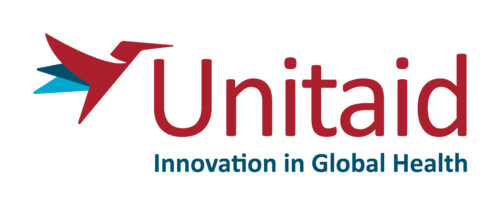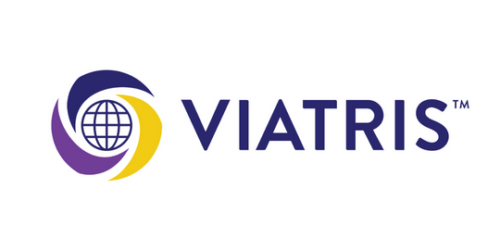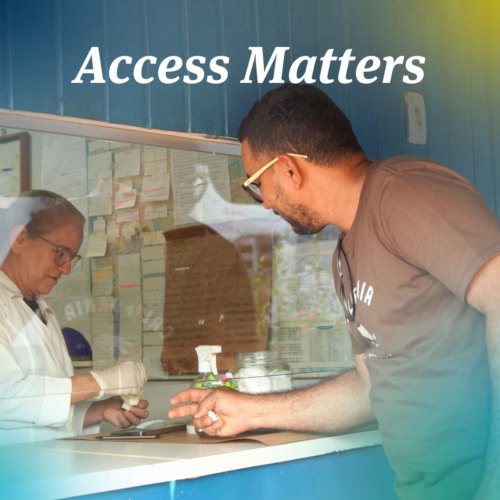Regional and distributed manufacturing of health products
The majority of medical products purchased each year are manufactured in a handful of countries. We are working with partners to enhance regional and distributed manufacturing of health products.
The challenge
Nearly three-quarters of the world’s medicines and vaccines are mostly manufactured in just 10 countries. Supply chain breakdowns and export bans experienced during the COVID-19 pandemic underlined the urgent need for greater geographical distribution in medical manufacturing.
When COVID-19 hit, countries with small or non-existent health manufacturing sectors were often at the back of the queue for accessing essential products like protective equipment and vaccines. Disruptions to supply chains also meant that routine tests, treatments and vaccines for other illnesses were harder to source.
With a few exceptions, most countries rely heavily on imported health products. For example, Africa shoulders 25% of the world’s disease burden – including major infectious diseases like HIV, TB and malaria – but produces only 3% of the medicines and 1% of vaccines consumed on the continent. Even when local manufacturing capacity exists, it is largely fill-finish – packaging health products that are produced elsewhere – or dependent on importing the active pharmaceutical ingredients (APIs) used to create medicines. If the supply chain is disrupted, production is affected, which can lead to severe inequalities in access.
Regional and distributed manufacturing will be vital to ensuring more equitable and secure access to both routine health products and novel treatments in future pandemics. In 2021, the African Union and the Africa Centres for Disease Control and Prevention launched “A New Public Health Order for Africa” to strengthen health systems and build regional manufacturing in treatments, diagnostics and vaccines. The Partnership for African Vaccine Manufacturing, also created in 2021 by African Union Heads of State and Government, set a target to locally manufacture 60% of the continent’s routine vaccine needs by 2040, and several countries have already taken concrete steps forward.
But achieving regional self-sufficiency won’t be easy. A key challenge will be providing manufacturers with the assurance to invest in production capacity while demand for their products remains unclear. To address this, the African Union is coordinating with partners and stakeholders to support the emerging African healthcare manufacturing industry and secure commitments to increase demand for locally produced health products. Without sustained and steady demand, any newly created production lines will sit idle; companies will lose money and eventually close production lines.
By the numbers
25%
of the world’s disease burden is in Africa
3%
of the medicines Africa uses are produced in Africa
60%
by 2040 is Africa's target to locally manufacture its routine vaccine needs
Our role
We see supporting the development of regional manufacturing as crucial to achieve our mission of ensuring equitable access to lifesaving health products.
Our expertise in brokering partnerships and providing innovative financing solutions makes us ideally placed to support nascent health manufacturing industries. Our guarantee agreements, along with our dedicated implementation support, provide manufacturers with the assurances they need to lower prices, increase production and enter new markets.
We are in discussions with several regional manufacturers and health partners to determine how our financial products can help fill the gaps to support strengthening regional manufacturing capacity.
We have identified four priority manufacturing areas where we could potentially contribute: treatments such as antiretroviral therapy for HIV, which is already increasingly produced in Africa; diagnostic tests, particularly for malaria; vaccines for routine immunisations; and the raw materials needed for sustainable local production.
Any new partnerships will be tailored to a company’s specific needs and manufacturing capacity. For example, new agreements could incentivise working with companies that are growing their fill-finish capacity or they could support companies aiming to manufacture new products from start to finish.
“Local manufacturing of medical products presents an opportunity to strengthen economic growth, bolster health security, and improve health outcomes. It is increasingly clear that this will require long-term investments from African member states and coordinated initiatives to strengthen the manufacturing ecosystem, enhance supply security, strengthen regulatory systems, and build sustainable market demand.”
Dr. Jean Kaseya
Director General of Africa Centres for Disease Control and Prevention
The way forward
To achieve the targets set in Sustainable Development Goal 3 on good health and well-being, countries must have greater access to the lifesaving health products needed to defeat infectious diseases such as HIV, TB and malaria, improve overall health care, and to respond to new pandemics and local outbreaks.
Regional manufacturing of health products can help to increase equitable access to health products for a range of illnesses as well as strengthening responds to new health threats, making the world better prepared to respond to disease outbreaks and pandemics. Since the start of the COVID-19 pandemic, the African Union Heads of State and Government have made several firm commitments and developed new frameworks for action to increase regional manufacturing of health products – including clear calls for innovative financing solutions to encourage and support new and developing manufacturers.
MedAccess is able to offer a unique form of support for regional manufacturing. While most financing organisations can support capital investment to improve supply capacity, we are also able to reduce the business risks of uncertain demand. Financial products such as volume guarantees can, in the right circumstances, enable manufacturers to make more products available at affordable prices.
Our response to other global health priorities
Alongside regional manufacturing, see the other global health priorities we are focusing on:

